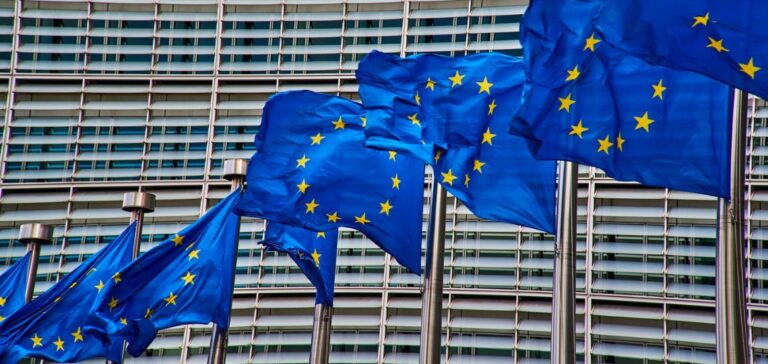The European Commission has proposed a temporary mechanism to cap wholesale prices on the EU gas reference market, with stringent conditions to convince reluctant member states.
The leaders of the EU-27 agreed in late October on a roadmap to stem the rise in energy prices in the wake of the war in Ukraine.
In particular, they asked Brussels to prepare a “temporary” mechanism to cap gas prices – despite the strong reservations of some countries, including Germany, which fear disruption of European supplies.
The “market correction mechanism” established by the Commission will be examined on Thursday by the European energy ministers meeting in Brussels, but according to a senior diplomat, no agreement to approve it is expected at this stage – some states are demanding a detailed impact study.
The scheme aims to cap for one year, from January 1, the prices of monthly contracts (for delivery the following month) on the Dutch gas market TTF, the European “gas exchange”, used as a reference in the majority of transactions of operators in the EU.
58 above the average world price for liquefied natural gas (LNG) for ten days, in order to continue to attract LNG ships to Europe that can easily find other customers in Asia.
As a result, transactions above 275 euros would no longer be allowed. The mechanism would be deactivated as soon as the conditions were no longer met.
However, monthly contracts have only exceeded 275 euros/MWh this year during a very brief period at the end of August, with a peak at around 350 euros, when the 27 countries were competing to fill their reserves.
“This is not about market interventions to fix prices at artificially low levels: it is a mechanism of last resort to prevent episodes of excessive prices that are not in line with global trends” and market reality, explained Energy Commissioner Kadri Simson.
And “strong safeguards” have been introduced, she insisted before the press in Strasbourg: the mechanism could be suspended at any time by Brussels “in case of risk to security of supply, market stability, or to the efforts of Europeans to reduce their demand for gas.
Daily spot prices on the TTF and OTC transactions between operators outside the regulated markets would not be affected, providing an additional safety valve to maintain European supplies.





















